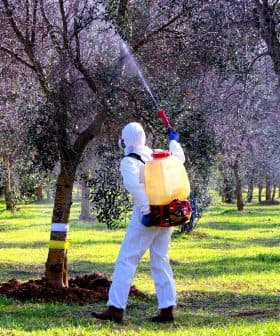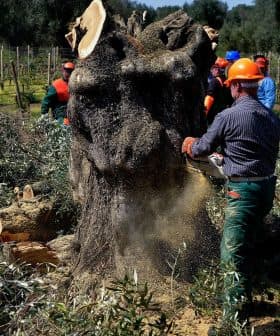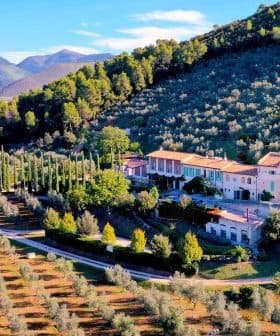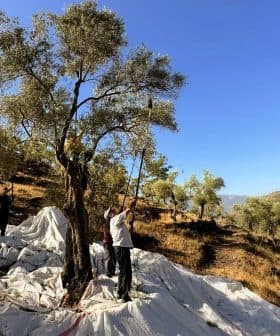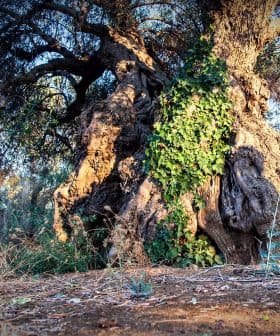Bad Weather Ahead of Harvest Dampens Spirits of Italy's Olive Oil Producers
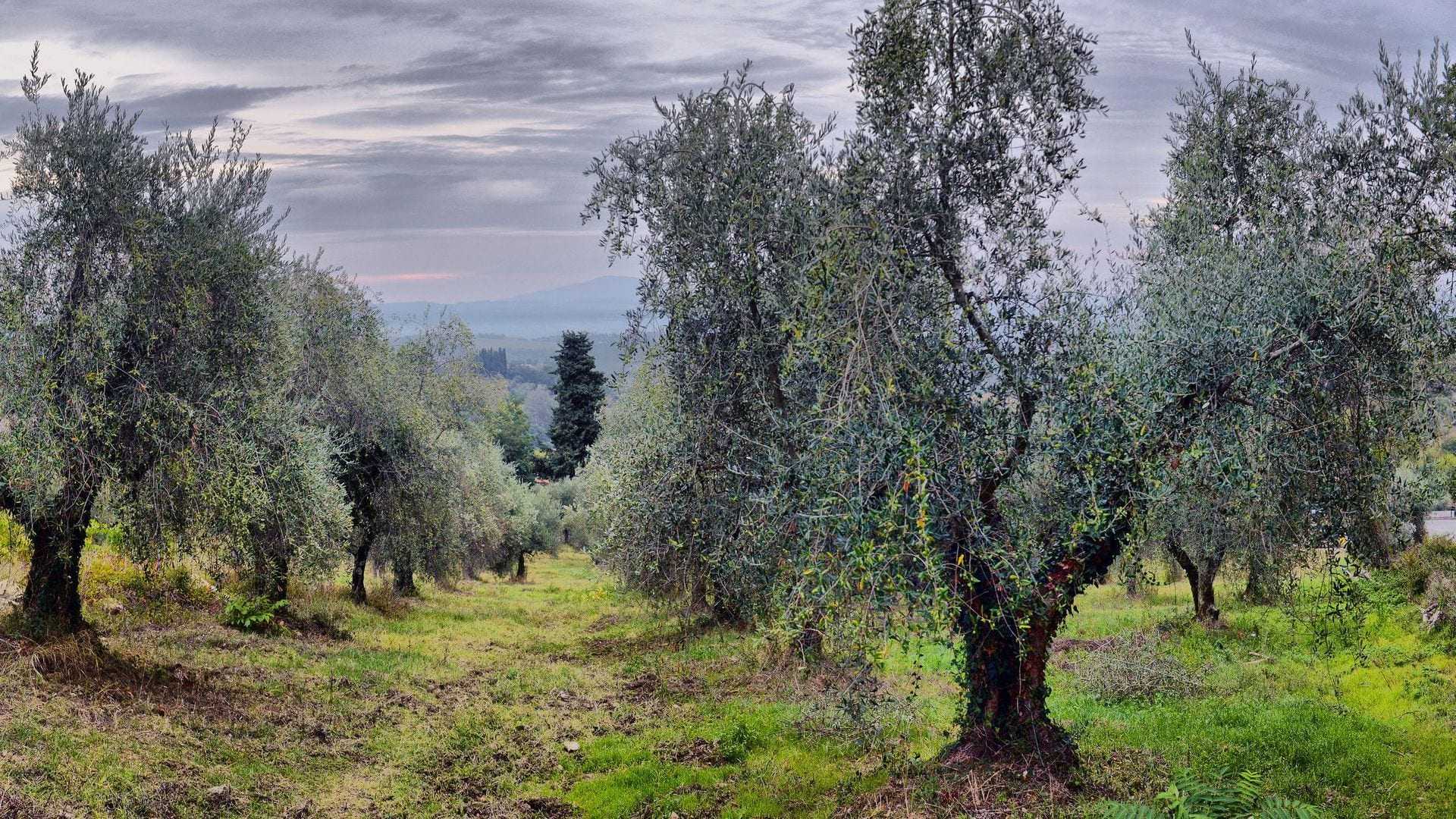
Heavy rains and hailstorms in Italy have caused severe damage to olive trees, grape vines, and other crops, with thousands of olive trees in the north of the country being damaged by strong storms. The Italian farming association, Coldiretti, estimates that up to nine storms per day have impacted farming operations, leading to significant losses in olive groves and other agricultural areas across the country.
Heavy rains, hailstorms and other extreme weather events have wreaked havoc in Italy over the past few weeks, causing severe damage to olive trees, grape vines and a number of other crops.
In the north of the country, thousands of olive trees have been damaged by strong storms. Citing data provided by the European Severe Weather Database (ESWD), the Italian farming association, Coldiretti, said that the country has experienced up to nine storms per day, severely impacting many farming operations across the country.
(2020) is a year to be forgotten for agriculture. The (Covid-19 pandemic) was not enough, we also had the devastating impact of climate events that in a matter of minutes destroy the hard work of farmers.
In the province of Bergamo alone, almost 50 hectares (124 acres) of olive trees have been damaged by strong winds and large grains of hail, with many losing most or all of their drupes.
See Also:2020 Harvest UpdatesColdiretti estimated that the stormy weather has impacted more than one-third of the area’s olive groves. Some farmers in the region have reported losing 90 percent of olives on affected trees.
“We had high hopes for the incoming harvest, but in just a few minutes the chance to recover from last year’s bad harvest vanished,” Andrea Longaretti, head of the olive sector at Coldiretti Bergamo, said. “Olives at this time are in a delicate phase since they grow ripe during this season, and this means that the damages incurred are irrecoverable.”
Further west in the Piedmont region, cereals, fruits and vegetables have suffered through heavy hail storms for weeks, with the worst damage being done in the past few days.
Farmers from Cuneo have lost many of the crops ready to be harvested and agricultural operations across the province also have recorded damage to equipment and infrastructure.
According to Coldiretti, one-third of all Italian fruit production will be lost as a result.
About 560 miles southeast, the region of Puglia has experienced record cloudbursts. The local branch of Coldiretti warned that “unstoppable wind, rain and flooding” had damaged numerous crops, including tomatoes in Foggia and the vineyards of Brindisi.
Puglia is by far the largest olive oil producing region in Italy and recent weather events have local producers worried. Many of the area’s groves already suffered from flooding and hail storms during July and farmers are worried that more bad weather may be on the horizon.
Hail storms have also been problematic for olive oil producers in the central region of Umbria, damaging olive groves, vineyards and other crops as well.
“What we witnessed during this summer is the result of the huge thermic energy accumulated in the atmosphere during the last year, in which temperatures have been more than 1 ºC (1.8 ºF) above the average,” Coldiretti said. “It has been one of the hottest years for Italy since 1800.”
In spite of the abnormal cloudbursts and flooding, 2020 has actually been quite a dry year in Italy, with the country recording 33 percent less rainfall than average.
“We are witnessing the consequences of climate change, with a tendency toward a tropical climate, manifesting itself with larger hail, a higher frequency of violent events, short and intense rainfall and the rapid transition from sun to bad weather,” the farming association said.
Coldiretti estimated that €14 billion ($16.5 billion) worth of damage has been done over the last decade to the agricultural sector and associated infrastructures as a result of flooding and landslides.
In response to these disasters, Teresa Bellanova, the minister of agriculture, announced that she would look into new initiatives and grants for farmers and agricultural organizations that reduce soil consumption, which contributes to flooding.
“The agricultural sector is the most committed to combating climate change, unfortunately it is also the most affected,” Paola Agabiti, secretary of agriculture in the Umbrian region, said. “[2020] is a year to be forgotten for agriculture. The [Covid-19 pandemic] was not enough, we also had the devastating impact of climate events that in a matter of minutes destroy the hard work of farmers.”




